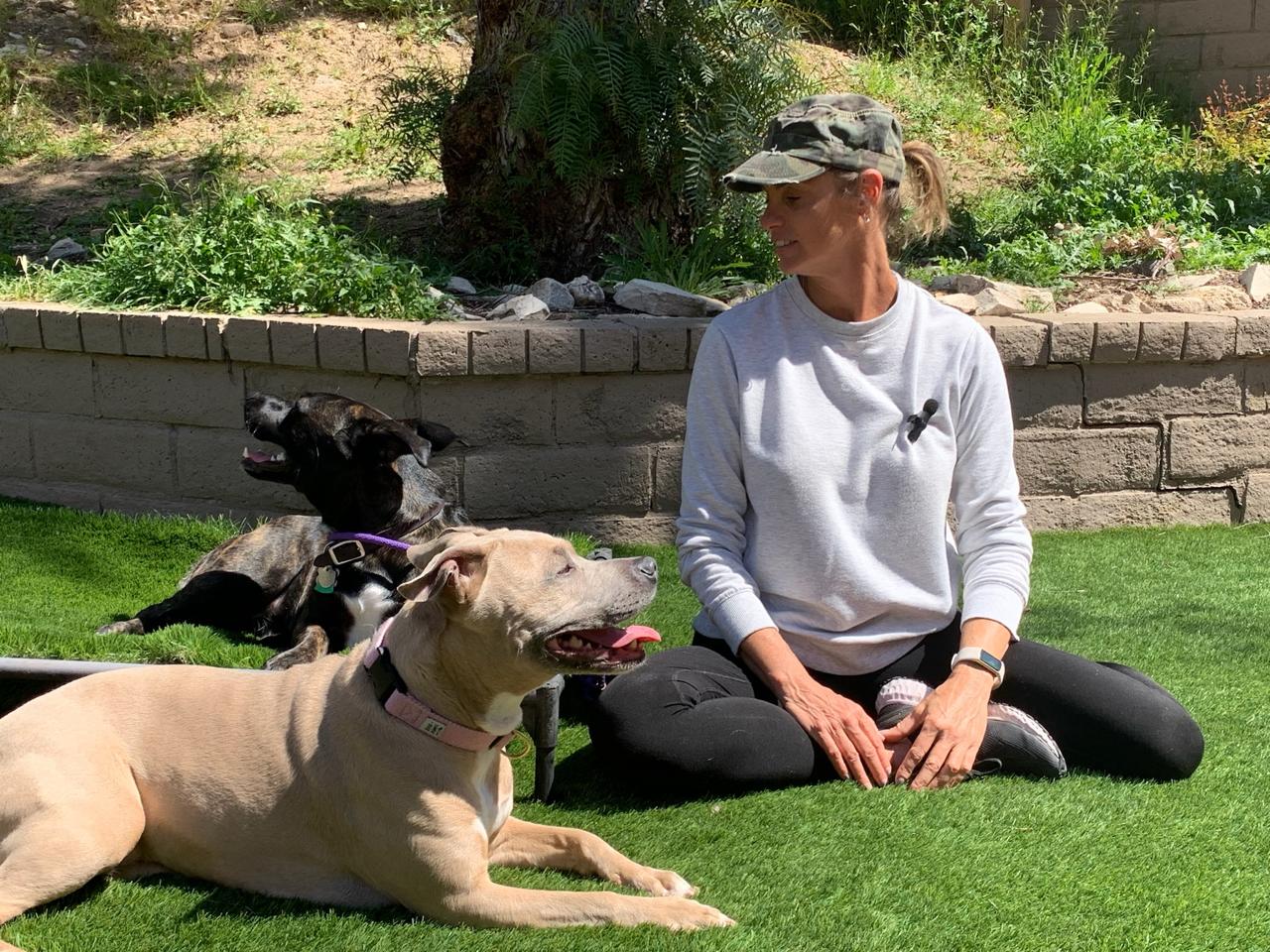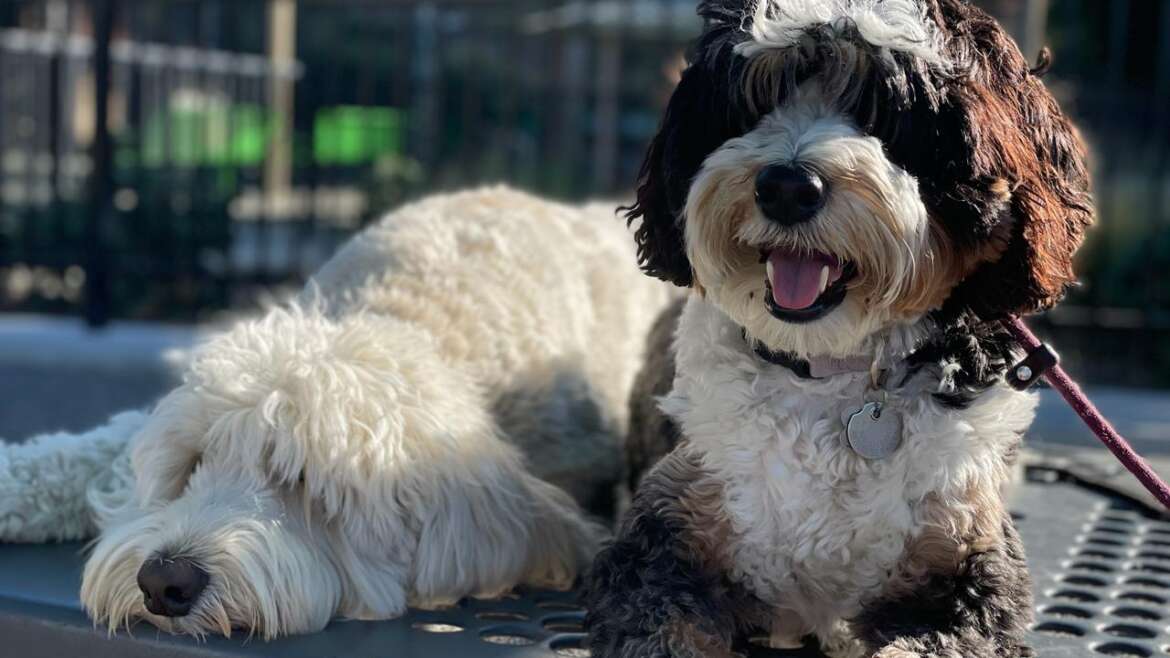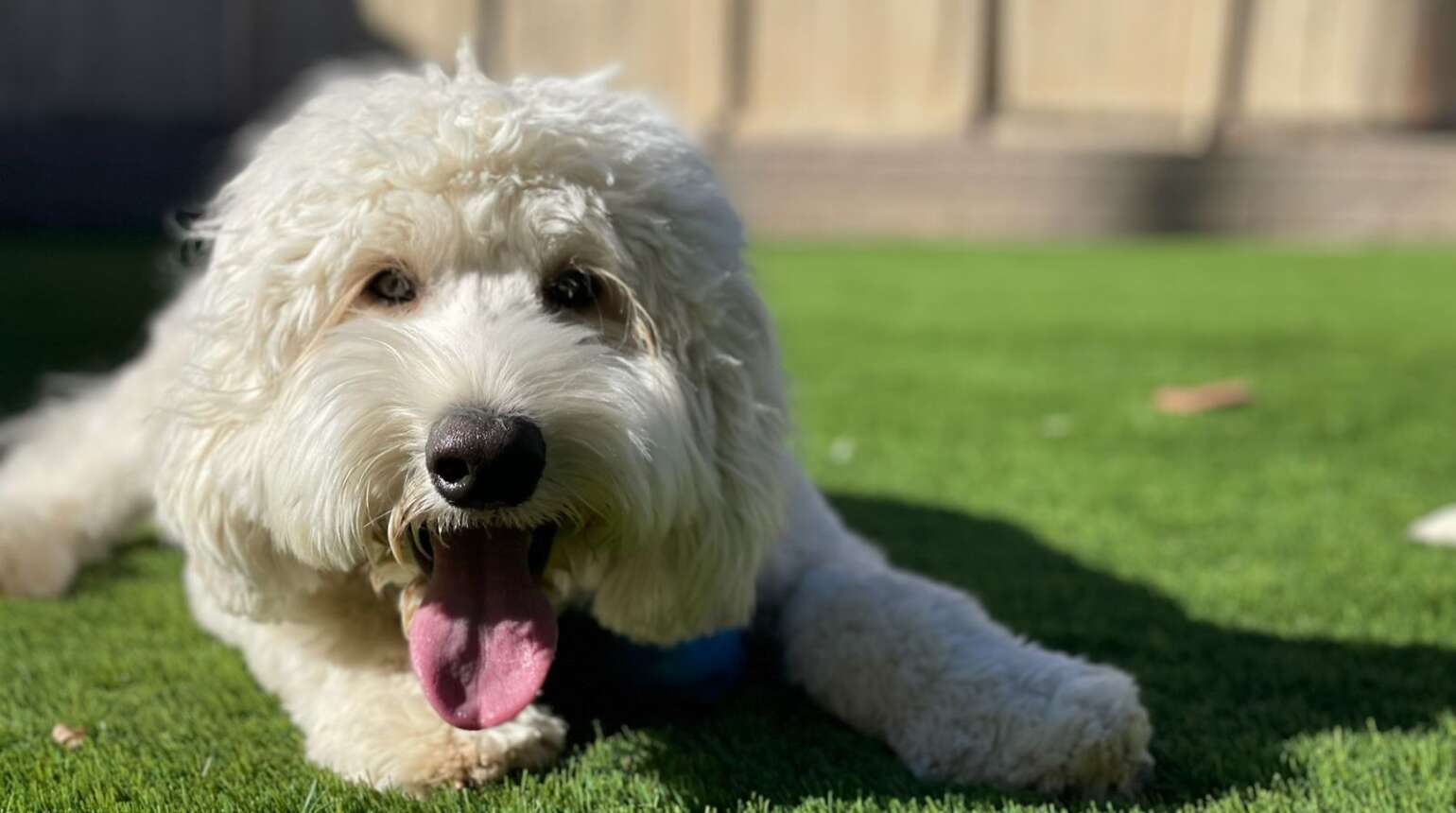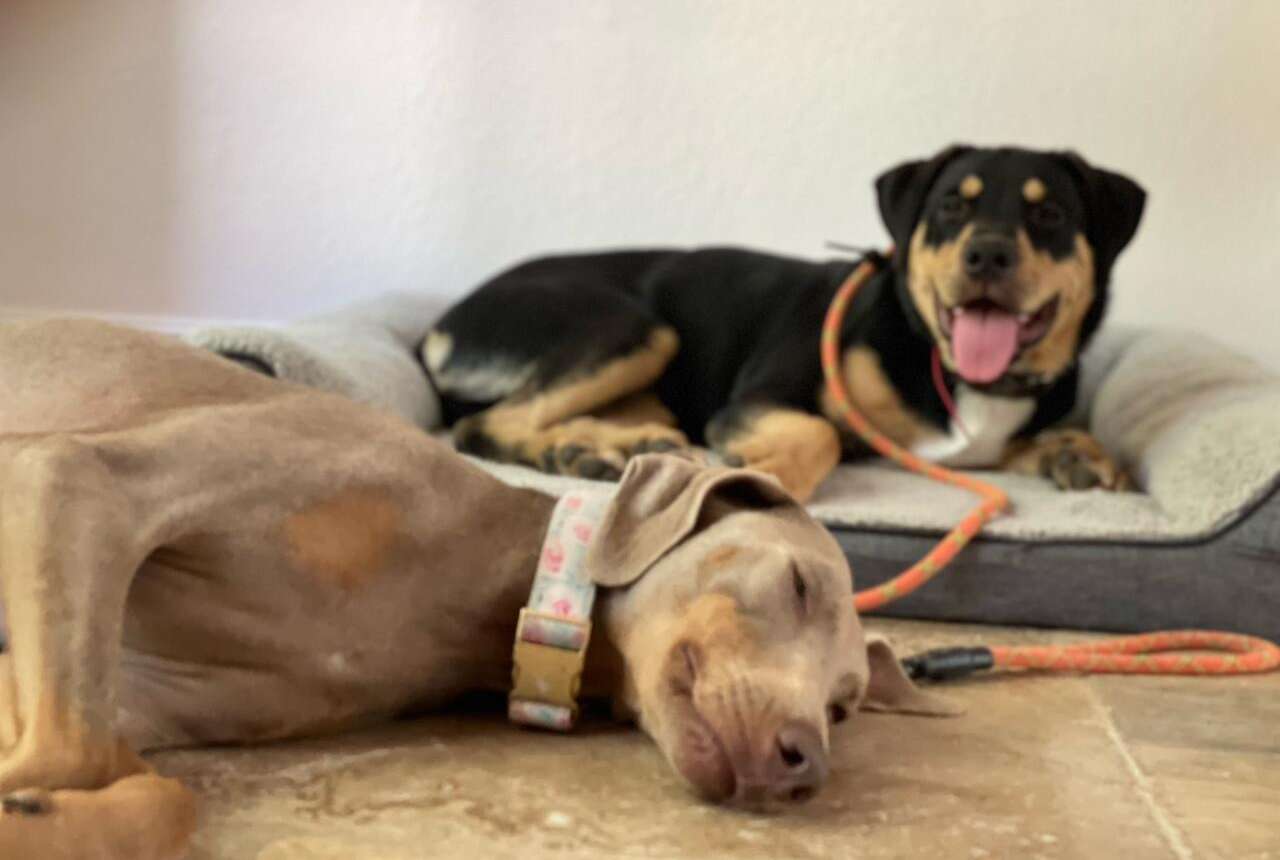As of 2022, 44.5% of U.S. households own dogs. That is a 6% point increase from just seven years prior. Therefore it should come as no surprise that the increase of dog trainers in the same period would be somewhat the same. I say it all the time, it is the wild west out there. In the pandemic, dog trainers were considered essential services, so the increase in “dog trainers” was exponential during this period. Anyone can call themselves a trainer. There are no specific instruction or titles required to do the job. Hence the “wild west” description of what it means to find a good trainer. how does one go about finding a trainer that suits their needs is, therefore, the question to ask. To that I say: do your research. Very much like one would go about choosing a dentist or a psychologist, personal recommendations do help a lot. But without that, go deep in finding a professional that has at least 5 years experience on the job. Do your research, find out what the specific trainer (or trainers) that you are looking at are successful at. Since the training for a personal protection dog is way different than the training for that mischievous pup. Not all dog training is created equally. Asking oneself what one intends from the training is an amazing eye opening question that might help decide what dog trainer is right for you and your dog. What is your intention when seeking professional help to train your dog? Is it to simply teach her commands or does it come down to wanting to have a more personal relationship with your pup? Do you seek a style of training that will allow you to communicate with your dog more seamlessly or one that will create a body guard in the dog you have? Once you have been able to set an intention for what you seek; then finding the right trainer comes down to what does your gut tell you. It is that simple. Not easy, but simple.

The dog training world has splintered into categories that vary widely between one another. There is protection work (think guard dogs, military style training). There is Positive Reinforcement (i.e. clicker training, treats for everything). There is agility training and compulsion training. There are so many methods that one could spend an entire new blog just commenting on it. The first question one should ask oneself when looking for a trainer, is: “what exactly do I seek when teaching my dog?” You see with all those different categories of training one forgets that the most crucial component of any relationship is communication. So if you are ready to start communicating and understanding your dog, if learning how to connect with different species in order have the best relationship possible is what you are looking for then a trainer that specializes in dog psychology is the only way to go. Dog psychology is more than a training style, it is a philosophy. It allows two different species to understand each other. It offers the human a window into the mind of dogs. If you are really lucky, it allows one the opportunity of becoming a more well rounded human being by simply embodying a different way of living. A more compassionate way if you will.
In contrast to all the other “training styles”, dog psychology doesn’t require treats or endless hours of repetition of one specific task. What it does require is commitment, but since you have decided to hire a trainer, chances are you have devoted time and finances in order to achieve your goal of acquiring a better relationship with your dog. If the first step of finding the right trainer is choosing someone that sees your dog for who they are and not just another pup in an endless line of dogs; then the second step is to trust your gut. Once one has chosen a trainer then making sure that what the trainer is saying to you feels right is crucial. It is not because you chose a trainer that everything they say it gospel. How does your dog look to you during the sessions? Does the trainer actually approach the dog and works with them? Or simply asks you to perform the required tasks in order to complete a session? Many trainers are actually scared of dogs and the easiest way to tell if the professional in front you is up to par is their ability to connect with your dog. If they can’t, then that should be a red flag. If a trainer will not touch your dog’s leash in the first session, then my advice is to walk away. Find a trainer that is comfortable around all dogs, not only the ones that are friendly and easy.
Finding a trainer is similar to locating the right school for our kids. There are many, many different styles of teaching out there. Certain styles will resonate with you more than others. That does not make the other teaching curriculums wrong, it just shows you that some of those do not fit your needs. The first step to finding the right trainer is asking oneself what one wishes to accomplish. The second step is doing plenty of research in the different training styles out there. The third is actually being open to learning but also relying on what your eyes tell you. If your dog feels different and more responsive during the session, then that might be the trainer for you. If your dog is downcast and not trusting, then maybe move on the a different one. If your dog feels more relaxed after the session and you heard and saw things from the trainer that allowed you to have some “aha moments” then hire that trainer immediately. She or he sees you and your dog. They see what the relationship needs. They explain things clearly and are not afraid to get their hands dirty – that is the trainer for you. And if they work in dog psychology then so much the better. Trust your gut, but also let your dog tell you how they perceive the trainer. Trust and respect are way more important than the treats one carries. Communication will always overrule bribing. Good trainers will always make you feel seen and heard. They will make sure you feel comfortable with what they are doing. They will have your and your dog’s best interest at heart. Find a trainer that allows you to feel more empowered when communicating with your dog. The rest is simply window dressing.



